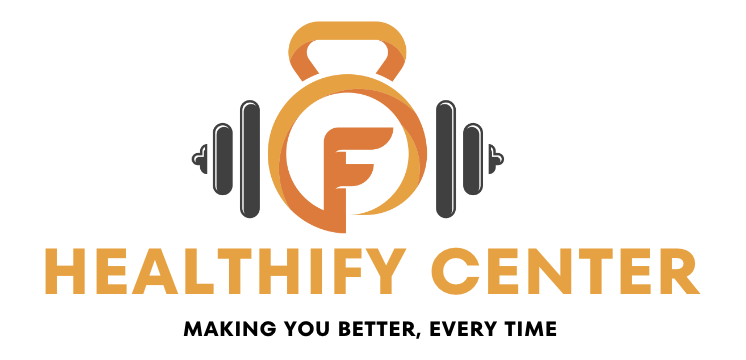When it comes to healthcare, one of the biggest concerns for many people is the cost. Hospital care, in particular, can be incredibly expensive, and understanding the breakdown of these costs can be confusing. However, having a clear understanding of what makes up these costs can help patients and their families better navigate the complex world of hospital care.
First and foremost, it’s important to understand that the cost of hospital care can vary widely depending on a variety of factors, including the type of treatment needed, the duration of the hospital stay, the location of the hospital, and the specific policies and practices of the healthcare facility.
One of the biggest expenses associated with hospital care is the cost of medical professionals, including doctors, nurses, and specialists. These professionals are highly trained and highly skilled, and their expertise comes with a high price tag. In addition to their salaries, hospitals also incur costs associated with providing these professionals with ongoing training and education, as well as the cost of maintaining their licensure and malpractice insurance.
Another significant expense associated with hospital care is the cost of medical equipment and supplies. Hospitals are filled with state-of-the-art technology and equipment, from MRI machines to surgical instruments to basic medical supplies like bandages and gauze. All of these items come with a hefty price tag, and these costs are ultimately passed on to patients through their hospital bills.
Additionally, hospitals have significant overhead costs associated with maintaining their facilities. This includes the cost of utilities, building maintenance, and security. Hospitals also incur costs associated with administrative staff, including billing and coding specialists, receptionists, and other front-office personnel.
In recent years, the rising cost of prescription medications has also become a major concern for patients and healthcare providers alike. When patients receive medications during their hospital stay or as part of their at-home care plan, they are often shocked by the high costs associated with these drugs. Pharmaceutical companies set the prices for their medications, and these costs are ultimately passed on to the patient.
It’s important to note that there are also a number of indirect costs associated with hospital care that may not be immediately obvious. For example, many patients require ongoing follow-up care after they are discharged from the hospital, and these costs can add up quickly. In addition, patients and their families may incur significant costs associated with missed work and childcare while they are receiving hospital care.
While the costs associated with hospital care can be staggering, it’s important for patients and their families to know that there are resources available to help them cope with these expenses. Many hospitals offer financial assistance programs for patients who are struggling to cover the cost of their care. In addition, there are often nonprofit organizations and government programs available to help patients with their medical bills.
In conclusion, the cost of hospital care can be a significant burden for many patients and their families. However, by understanding the breakdown of these costs and knowing where to turn for help, patients can better navigate the complex world of hospital care and focus on what’s most important—getting well.


















Leave a Reply